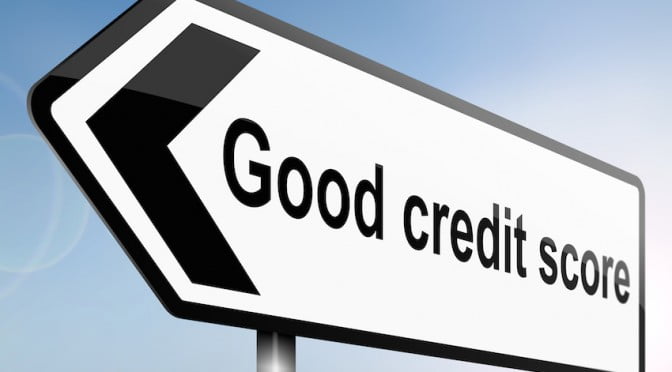Understanding Your Credit Score

Driven by the financial industries desire for an equitable method of comparing the credit worthiness of borrowers, Fair Isaac & Co developed a credit measurement tool in the 1950′s called the FICO score in Canada it’s called a Beacon score.
Today it is considered to be the industry standard.
The BEACON Score
The three most recognized credit reporting agencies include Equifax and TransUnion, with Equifax being the most recognized agency in Canada.
How is a Beacon score determined?
*In general terms, the Beacon score evaluates five main categories of information:
1. Payment history ( 35% of the overall score)
- Account payment information on specific types of accounts (credit cards, retail accounts, installment loans, finance company accounts, mortgage, etc.).
- Presence of adverse public records (bankruptcy, judgments, suits, liens, wage attachments, etc.), collection items, and/or delinquency (past due items).
- Severity of delinquency (how long past due).
- Amount past due on delinquent accounts or collection items.
- Time since (regency of) past due items (delinquency), adverse public records (if any), or collection items (if any).
- Number of past due items on file.
- Number of accounts paid as agreed.
2. Amounts owed (30% of the overall score)
- Amount owing on accounts.
- Amount owing on specific types of accounts.
- Lack of a specific type of balance, in some cases.
- Number of accounts with balances.
- Proportion of credit lines used (proportion of balances to total credit limits on certain types of revolving accounts).
- Proportion of installment loan amounts still owing (proportion of balance to original loan amount on certain types of installment loans).
3. Length of credit history (15% of the overall score)
- Time since accounts opened.
- Time since accounts opened, by specific type of account.
- Time since account activity.
4. New credit (10% of the overall score)
- Number of recently opened accounts, and proportion of accounts that are recently opened, by type of account.
- Number of recent credit inquiries.
- Time since recent account opening(s), by type of account.
- Time since credit inquiry(s).
- Re-establishment of positive credit history following past payment problems.
5. Type of credit used ( 10% of the overall score)
- Number of (presence, prevalence, and recent information on) various types of accounts (credit cards, retail accounts, installment loans, mortgage, consumer finance accounts, etc.).
Add it up and you get…?
Each of the above noted factors, along with others, are assigned a value and a weight. The results of these factors are then added up and combined into a single number. FICO scores can range from 300 to 800. The higher the number the better.
In general terms, borrowers with reasonable credit typical have FICO scores, which range between 650 and 800. The average Canadian score is 720.
Comments: A score takes into consideration all these categories of information, not just one or two. No one piece of information or factor alone will determine your score. The importance of any factor depends on the overall information in your credit report. For some people, a given factor may be more important than for someone else with a different credit history. In addition, as the information in your credit report changes, so does the importance of any factor in determining your score. Thus, it’s impossible to say exactly how important any single factor is in determining your score – even the levels of importance shown here are for the general population, and will be different for different credit profiles. What’s important is the mix of information, which varies from person to person, and for any one person over time. Your Beacon score only looks at information in your credit report. However, lenders look at many things when making a credit decision including your income, how long you have worked at your present job and the kind of credit you are requesting. How often you move, this determines your stability. Your score considers both positive and negative information in your credit report. Late payments will lower your score, but establishing or re-establishing a good track record of making payments on time will raise your score.
The way the lender sees you
When you are looking for a mortgage — whether it’s a refinance mortgage, or for your first mortgage — the lender is evaluating your:
- Capacity – your ability to pay – Can you afford the home
- Credit – how do you handle your obligations – do you pay your bills
- Capital – down payment – how much – where is it coming from
- Collateral – Is the property of good value – is it marketable
- Character – This is Your Reputation, Are you reliable? What’s employment history? Are stable or do you move around a lot?
You thought mortgages were about rates
You can be looking for the best mortgage rates in Canada but you still need to make sure that the lender sees you positively. If you need help with getting a mortgage, then look beyond the rate to get the entire picture.
I hope the credit information has been helpful and just wanted to remind you that should you have any questions or know anyone who is considering getting or refinancing a mortgage I would really like to hear from you.
